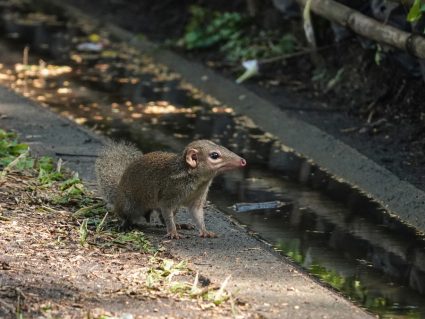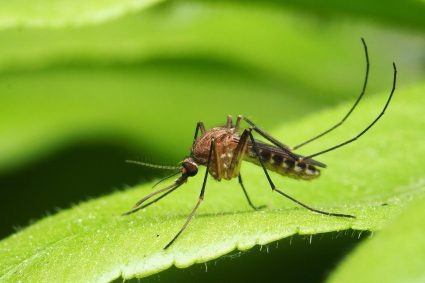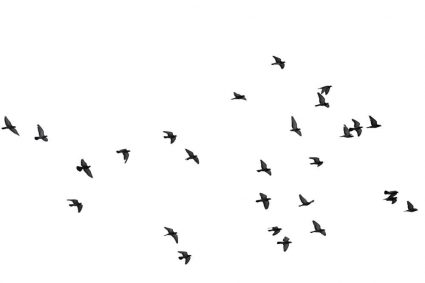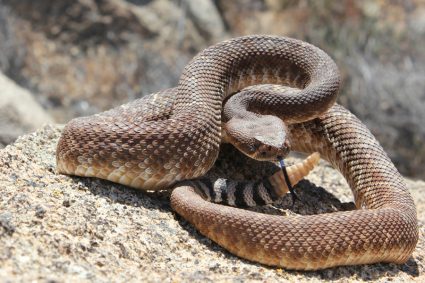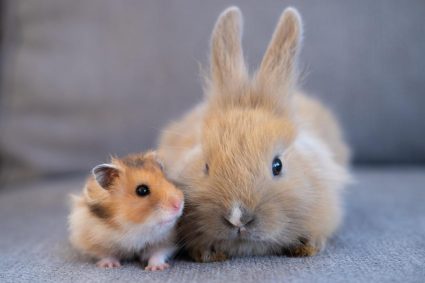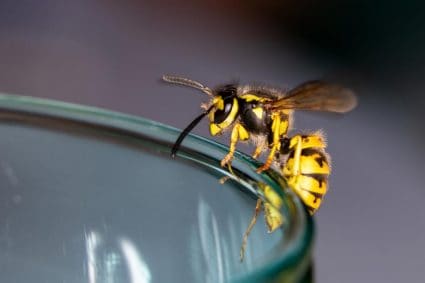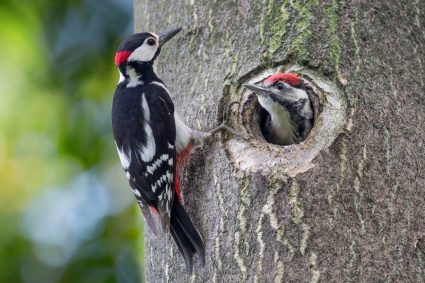
Hostas, also known as plantain lilies or gibōshi, are beautiful perennial plants that are popular in many gardens for their attractive foliage and flowers. However, their large, green leaves are irresistible to rabbits. Whether wild or domesticated, these critters can cause significant damage to your hostas, eating the leaves and even consuming the plants down to their roots. If you’re a homeowner or gardener who’s struggling with this problem, don’t worry! This comprehensive article will explore various methods on how to keep rabbits away from hostas.
To keep rabbits away from your hostas, you can install physical barriers such as fences or nets, use commercial repellents, or try home remedies like sprinkling baby powder, garlic salt, or crushed red pepper around your plants. Planting deterrents like marigolds or using raised beds and strategic landscaping can also help. Remember to reapply and maintain these methods regularly for the best results.
Understanding Rabbits and Hostas
Before we dive into the solutions, it’s important to understand why rabbits are attracted to hostas in the first place. Hostas are rich in nutrients, making them a tasty treat for rabbits, especially during the winter when other vegetation is scarce.
Rabbits are also more likely to target hostas during winter when other food sources are scarce. By implementing these strategies, you can help protect your hostas from rabbits throughout the year.
Physical Barriers
One of the most effective ways to keep rabbits away from your hostas is by installing physical barriers. You can use fences, nets, or cages to prevent rabbits from accessing your hostas. The fence should be at least 2-3 feet high and buried a few inches into the ground to prevent rabbits from digging under it. Here’s a guide on how to install a garden fence effectively.
Using Repellents
Commercial repellents are designed to deter rabbits from eating plants, and many of them are effective in doing so. For example, products like Bonide Repels-All Animal Repellent can cause mild irritation to the rabbit’s nose, deterring them from approaching your hostas. Liquid Fence Deer & Rabbit Repellent is another option that can be sprayed on your plants to keep rabbits away.
Home Remedies
Sprinkling baby powder, garlic salt, or crushed red pepper around your hostas can make them unpalatable to rabbits. Reapply these substances every few days or after the scent begins to fade. Some gardeners have also found success using Irish Spring soap or human hair clippings as a deterrent for rabbits.
Planting Deterrents
Planting marigolds around your hostas can help keep rabbits away, as they are not fond of the smell. Additionally, you can sprinkle garlic or hot pepper flakes around the hostas, as rabbits dislike these strong odors.
Raised Beds and Landscaping
Elevating your garden beds can make it more difficult for rabbits to access your plants. You can also use landscaping to your advantage by planting rabbit-resistant plants, such as marigolds, giant hyssop, and certain perennials.
The Role of Season and Climate
Season and climate can affect rabbits’ interest in hostas. During winter, rabbits are more likely to eat hostas due to the lack of other available vegetation. To protect hostas from rabbits, you can leverage the seasonal changes and implement various strategies.
In conclusion, there are several ways to keep rabbits away from your hostas. The key is to experiment with different methods and see what works best for your specific situation. Remember to regularly check and maintain these methods to ensure their effectiveness in keeping rabbits away from your hostas.
By implementing these strategies, you can enjoy your beautiful hostas without worrying about rabbits causing damage. Happy gardening!
Frequently Asked Questions
What other vegetation do rabbits typically eat?
Besides hostas, rabbits also eat a variety of plants including carrots, lettuce, clover, grasses and some fruits and berries.
Are there any natural predators of rabbits that can help keep them away from my garden?
Yes, some natural predators of rabbits include foxes, owls, hawks, and snakes. However, it’s not advisable to rely on these predators to control the rabbit population as they might also pose a threat to other wildlife or pets.
Can I use ultrasonic devices to deter rabbits?
Ultrasonic devices are marketed as a way to deter pests, but their effectiveness is highly debated. Some gardeners report success, while others see no change in rabbit activity.
Are there specific breeds of rabbits that are more attracted to hostas than others?
All breeds of rabbits can potentially be attracted to hostas. Their diet primarily depends on what’s available in their environment rather than their breed.
Do rabbits only eat hostas or do they also cause damage in other ways?
Rabbits primarily cause damage by eating plants, including hostas. However, they might also cause damage by digging burrows, especially if they are wild rabbits.
How fast do rabbits multiply? How quickly can they become a problem?
Rabbits reproduce very quickly. A single pair of breeding rabbits can produce as many as 40 offspring in a single year. This rapid reproduction can quickly lead to a large rabbit population and potentially significant damage to your garden.


